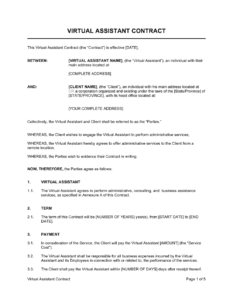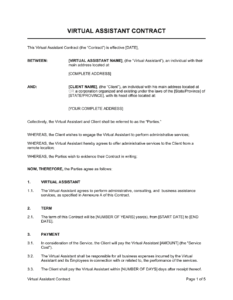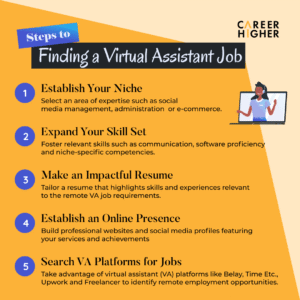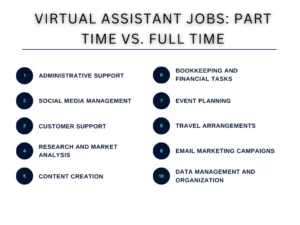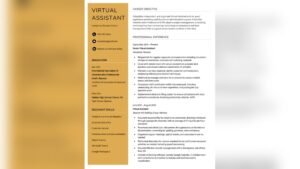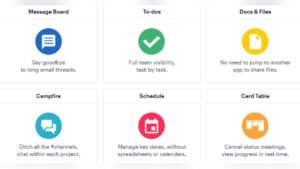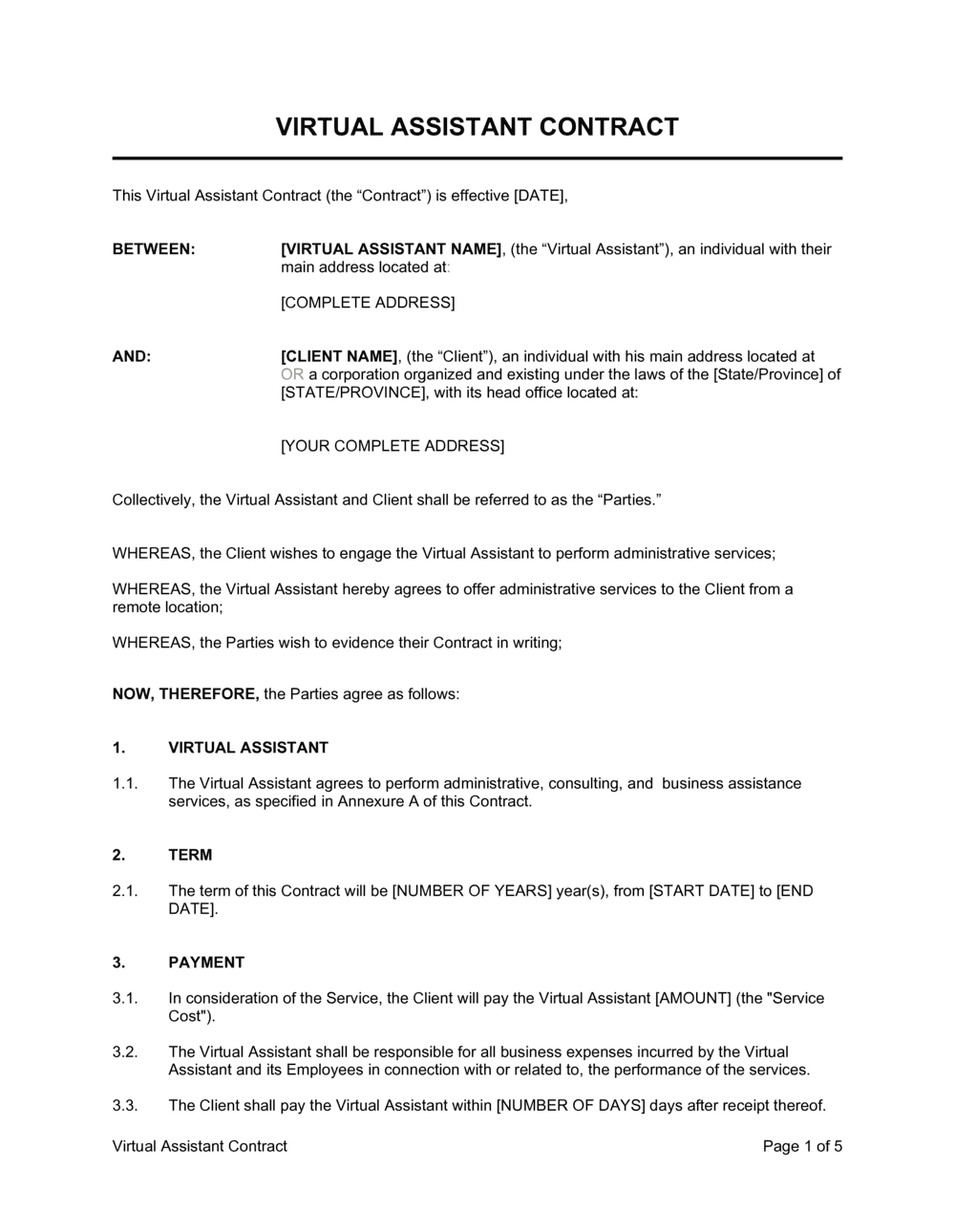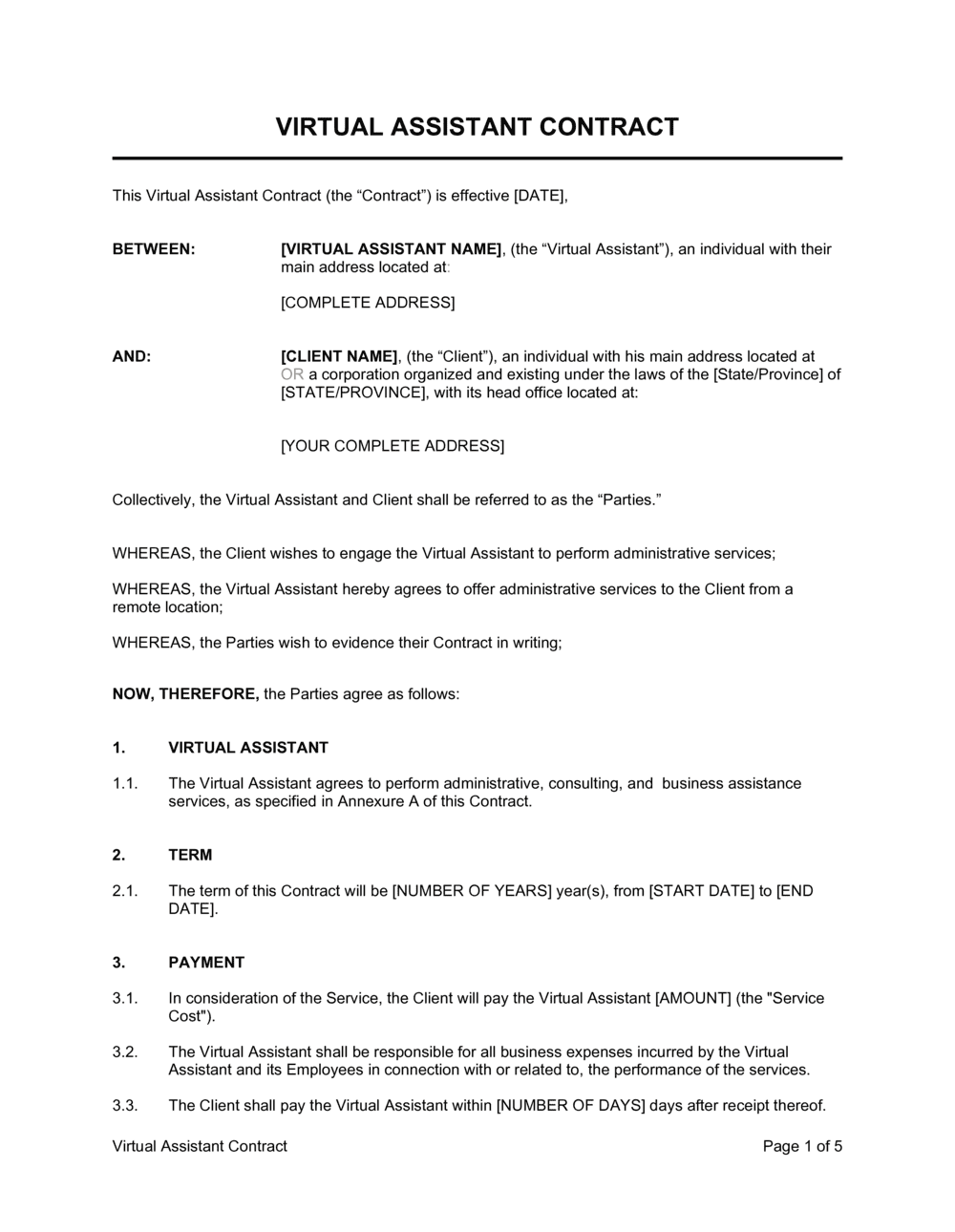Choosing between Coursera and Udemy in 2026 depends on your career goals, credential needs, and learning style. Coursera is a global online learning platform known for university-accredited courses, professional certificates, and industry partnerships with companies like Google, IBM, and Meta. Udemy, by contrast, is a marketplace-style platform offering practical, skill-based courses created by independent instructors, popular for fast upskilling, freelancing, and job-ready skills.
In this Coursera vs Udemy comparison, we analyze course quality, certification recognition, pricing models, instructor credibility, learning flexibility, and career relevance—helping learners decide which online learning platform delivers the best value for upskilling, career advancement, or professional switching in 2026.

When I first began exploring these platforms, I found myself torn between the two. They both promise a lot—affordable, high-quality courses, and the flexibility to learn anywhere. But which one would be the best fit for me? And which one should YOU choose?
In this article, I’ll share my personal experience with Coursera vs Udemy, compare their certificate value, look at free courses, and dive into how AI-driven learning tools can help you make the most of your time. By the end of this, you’ll have a clear idea of which platform will best suit your needs in 2026.
Coursera vs Udemy: Platform Overview
Before we dive into the differences between Coursera and Udemy, let’s start with a basic overview of what each platform offers.
What is Coursera?
Picture this: you’re taking a course created by Yale, Stanford, or even Google—that’s Coursera for you. Founded in 2012 by Andrew Ng and Daphne Koller, Coursera offers university-backed courses and professional certifications. It’s the perfect platform if you’re looking for a structured, academic learning experience. You’ll get deadlines, assignments, and quizzes, which can make you feel like you’re back in the classroom—only this time, you don’t have to leave your home.
For me, the biggest benefit of Coursera is the credibility of its certifications. They’re not just self-paced learning modules; they’re backed by prestigious institutions. Whether you want a degree, a professional certificate, or to upskill for a new job, Coursera provides a solid academic foundation.
If you’re ready to dive into Coursera’s university-backed learning, check out their current courses here: Coursera Courses.
Key Features of Coursera:
- University-backed certifications and degrees.
- Structured learning with deadlines, assignments, and peer reviews.
- AI-driven recommendations to personalize your course suggestions.
What is Udemy?
Now, imagine being able to learn whatever you want, on your own time, without worrying about deadlines or formal certificates. That’s Udemy. Founded in 2010, Udemy is a huge marketplace where you can find over 155,000 courses on almost every topic imaginable. Want to learn web development? There’s a course for that. Interested in photography or digital marketing? You can find those too.
One of the best parts about Udemy is the affordability. You can often find deeply discounted courses, sometimes for as little as $10 during their frequent sales. Plus, once you purchase a course, you get lifetime access, so you can return to it whenever you need.
While Udemy doesn’t offer the same formal certifications as Coursera, it’s still great for building specific skills. And guess what? Udemy also uses AI to suggest courses based on what you’ve previously learned, making it easy to find something that fits your learning style.
If you’re ready to check out Udemy’s course catalog, start here: Udemy Courses
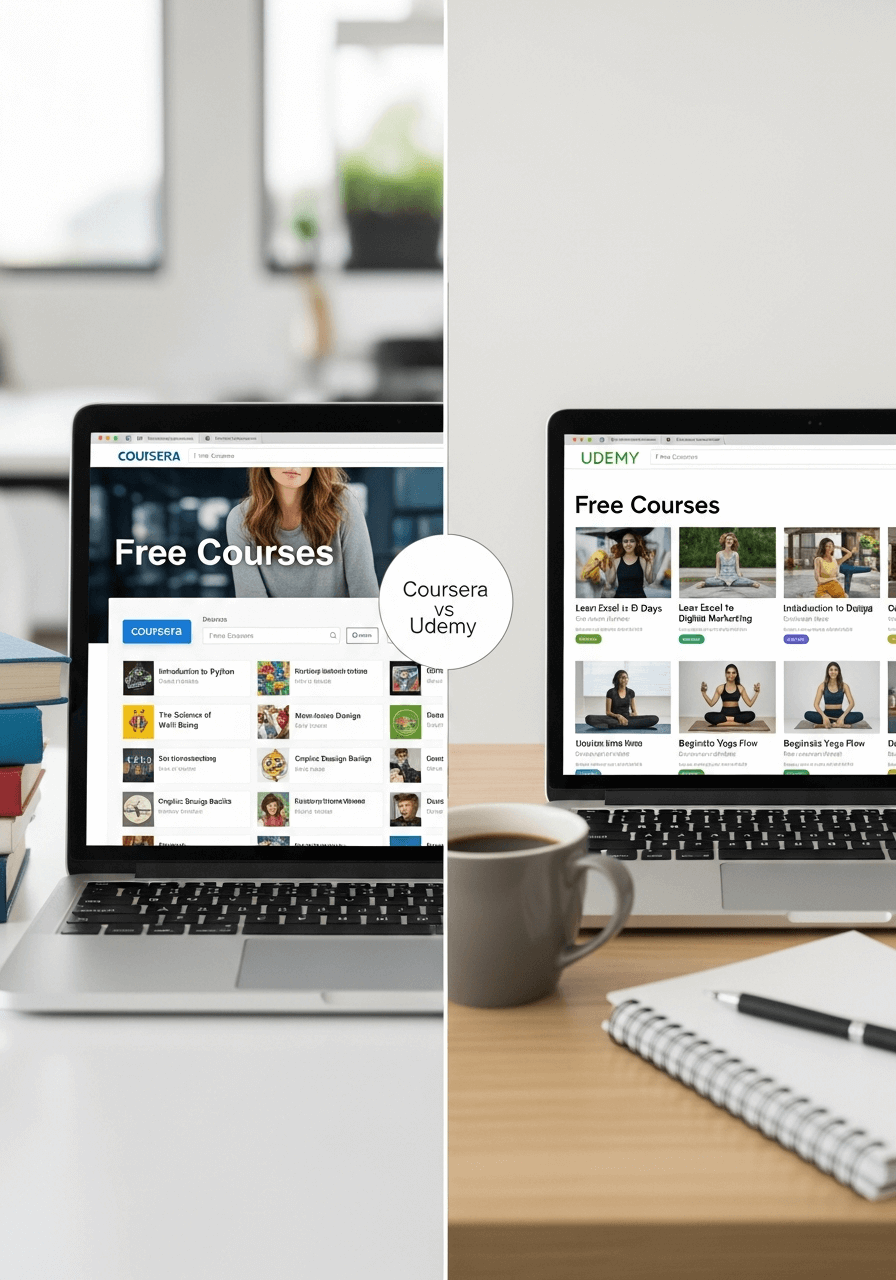
Key Features of Udemy:
- Affordable pricing with lifetime access.
- Self-paced learning without deadlines.
- AI-driven course suggestions to help you find relevant content.
Is the Learning Experience Better on Udemy or Coursera?
So, you might be asking yourself: “Which platform offers a better learning experience—Udemy or Coursera?” Let’s break it down based on different factors:
- Coursera gives you a more structured experience. The courses are designed by universities and companies, and you’ll usually have assignments and quizzes to help you solidify what you’ve learned. This works best if you’re someone who needs guidance and a more traditional learning setup. For example, I took a Google IT Support Certificate on Coursera, and I felt like I was actually learning something that would add value to my resume.
- Udemy, on the other hand, is ideal if you want to learn on your own terms, without the pressure of deadlines or formal certificates. Udemy’s massive selection of affordable courses means you can dive right in without any commitment. I learned basic graphic design on Udemy while juggling my day job, and it was super chill.
Quick Answer: If you’re looking for formal education and recognized certificates, Coursera is better. For flexibility and hands-on learning, Udemy is the winner.
Do Employers Recognize Udemy?
A question I often hear is: “Do employers actually recognize Udemy certificates?”
Here’s what I’ve experienced: Yes, employers do recognize Udemy certificates—but it depends on the industry. In tech, marketing, and design, practical skills often matter more than formal qualifications. For example, when I took a data analysis course on Udemy, I was able to apply the skills directly in my job, and it showed in my work. I didn’t need a fancy degree, just the right skills.
That said, if you’re looking for a career change in a more academic or regulated field, Coursera may be the better choice for official certifications that are university-backed.
Quick Answer: Yes, Udemy certificates are recognized, especially in practical fields like tech or marketing. But for more formal fields, Coursera’s certificates may carry more weight.
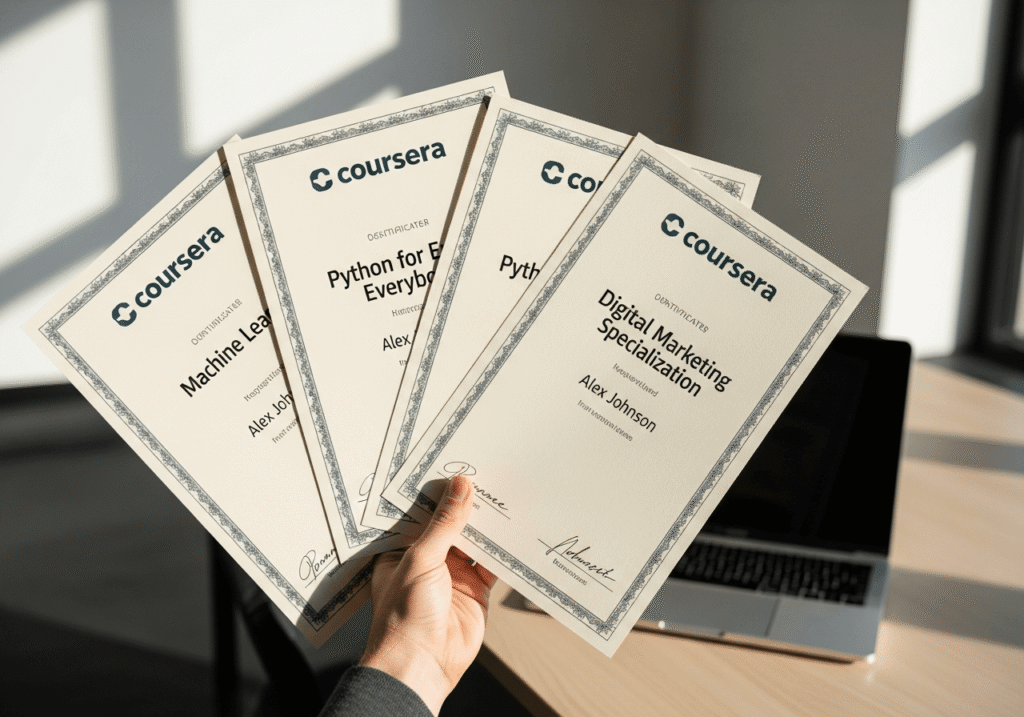
Which is Better Than Udemy?
If you’re wondering what platforms might be better than Udemy, here’s a quick rundown:
Coursera
If you need university-backed certificates and professional credentials, Coursera is your best bet. It’s a more structured learning platform for those who are serious about gaining formal qualifications.
edX
For those seeking degree programs or micro-credentials, edX is an excellent choice. It’s more academic and offers credentials that carry academic rigor.
LinkedIn Learning
For career-oriented learners, LinkedIn Learning is a great option, especially if you want to boost your profile with professional development courses.
You can also check out LinkedIn Learning here: LinkedIn Learning Courses
Who is Better Than Coursera?
If Coursera feels a bit too academic for you, or if you want more flexibility in your learning, here are some alternatives:
Udemy
For self-paced, affordable learning, Udemy is unbeatable. It’s better for specific skills that you can pick up quickly and apply to your daily life or job.
edX
For those seeking degree programs, edX offers a more formal academic path than Coursera, perfect for anyone looking to earn a degree or micro-credentials.
LinkedIn Learning
For professional development, LinkedIn Learning offers many courses on topics like business, leadership, and technology.
Which is Better for Learning Python: Coursera or Udemy?
If you’re interested in learning Python, both platforms offer great options, but it depends on your needs:
- Coursera offers in-depth Python courses from universities like the University of Michigan, making it a great choice if you want to learn Python thoroughly and earn a recognized certificate.
- Udemy offers affordable, self-paced Python courses, perfect if you want to get started quickly and learn at your own pace.
Quick Answer: For a formal, university-backed certificate, go with Coursera. For affordable, hands-on learning, Udemy is perfect.
Coursera vs Udemy vs edX vs Skillshare: Which Platform is Right for You?
Here’s a quick comparison to help you choose:
- Coursera: Best for university-backed learning and formal certifications.
- Udemy: Ideal for self-paced, affordable learning on specific skills.
- edX: Best for degree programs and academic rigor.
- Skillshare: Focuses on creative learning in fields like art, photography, and design.
Coursera vs Udemy Free Courses
Both platforms offer free courses:
- Coursera lets you audit many courses for free, but you’ll need to pay if you want a certificate.
- Udemy has free courses, but many of their premium courses require payment.
Both platforms use AI to recommend the best free courses based on your learning preferences.

Conclusion: Which Platform Should You Choose?
Ultimately, the choice between Coursera and Udemy comes down to your learning goals:
- Coursera is perfect if you want formal education, university-backed certificates, and structured learning.
- Udemy is ideal for affordable, self-paced learning and specific skills.
Both platforms offer AI-powered tools to help personalize your learning experience, so pick the one that aligns with your learning style and career goals.
FAQ
Is the learning experience better on Udemy or Coursera?
It depends on your goals. Coursera offers formal education with university-backed certificates, while Udemy is better for quick, hands-on skills.
Do employers recognize Udemy?
Yes, especially for practical skills in fields like tech and marketing. However, Coursera’s certificates are generally more recognized in formal industries.
Which is better than Udemy?
If you’re looking for more formal education, Coursera, edX, and LinkedIn Learning might be better.
Who is better than Coursera?
For flexible, affordable learning, Udemy is a good choice. For degree programs, edX offers more academic options.

Sofia Grant is a business efficiency expert with over a decade of experience in digital strategy and affiliate marketing. She helps entrepreneurs scale through automation, smart tools, and data-driven growth tactics. At TaskVive, Sofia focuses on turning complex systems into simple, actionable insights that drive real results.




